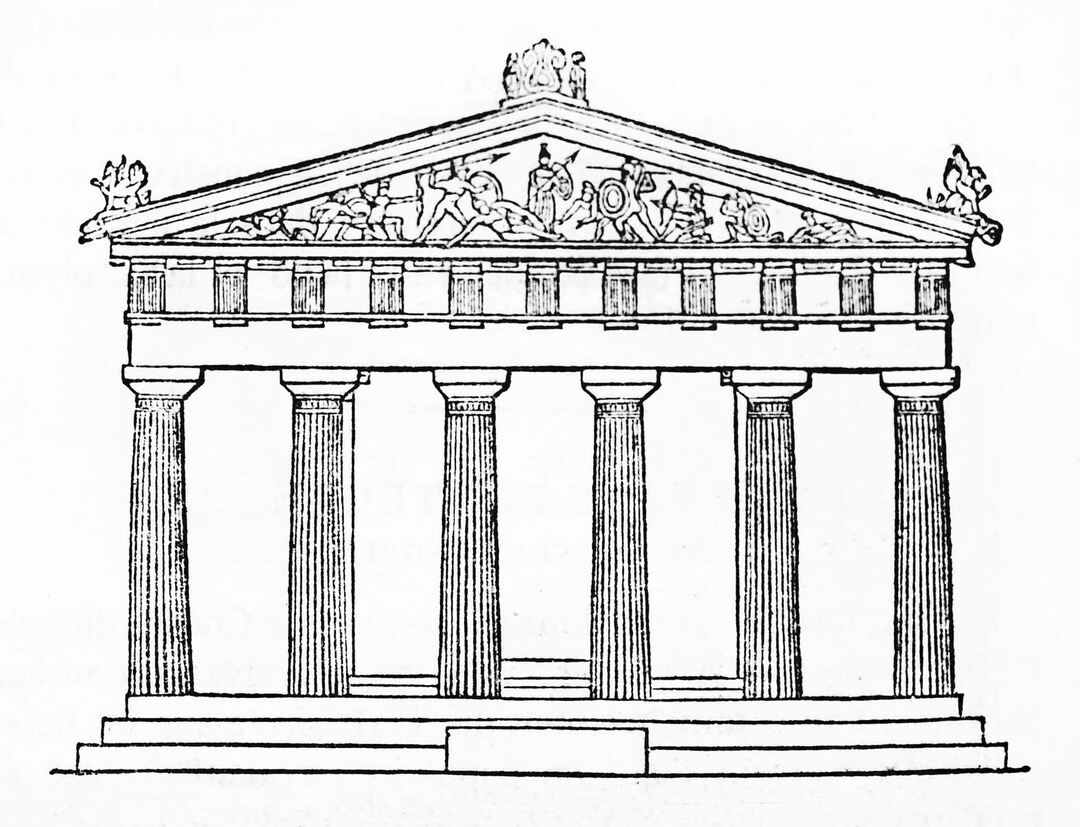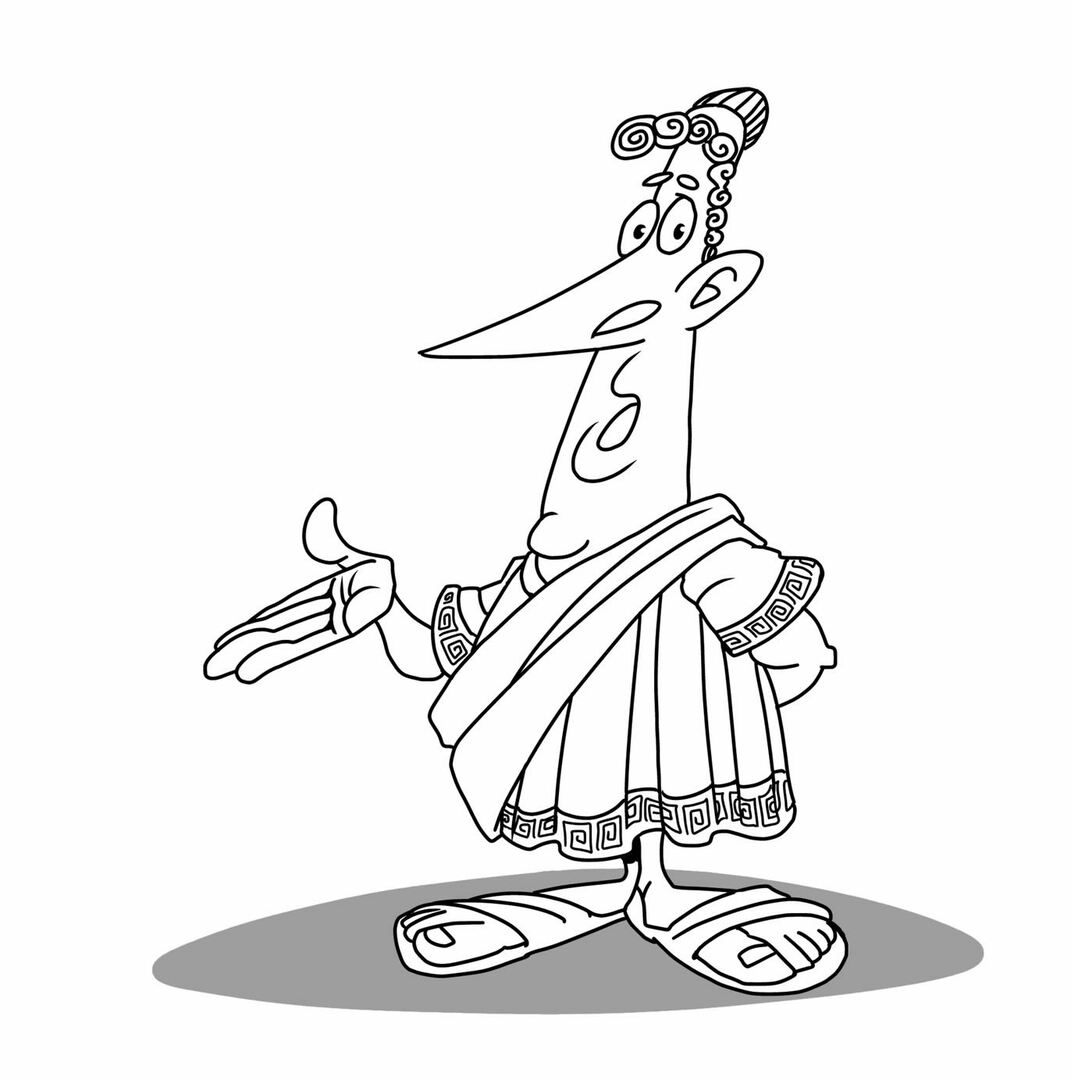Definition of Athenian Democracy
Miscellanea / / November 13, 2021
By Javier Navarro, in Oct. 2018
 Today's democratic systems have a historical precedent: the democracy Athenian promoted by Pericles in the 5th century BC. C.
Today's democratic systems have a historical precedent: the democracy Athenian promoted by Pericles in the 5th century BC. C.
Main characteristics of the Athenian model
All citizens participated in the Assembly (ekklesia). Decisions related to community affairs were made collectively. This implies that their model was not representative, but that a direct democracy was practiced.
To be considered citizen from Athens it was necessary to meet some requirements: that the parents were Athenians and that they had reached the age of majority (the at the age of 18, but as it was compulsory to carry out military service for two years, they began to participate in the Assembly at the 20). The foreigners or metecos did not have right to vote, unless they were granted the status of citizens by a decree special.
Citizens received a compensation economic for participating in the popular assembly. Throughout the year they met quite frequently (an estimated 40 times).
The proposals being debated were raised by a group of citizens (Committee of 50), who were integrated into a larger group (Committee of 500).
The citizens integrated in these committees were the public officials of the state
Members of the Committee of 50 served for two months and those of the Committee of 500 served for one year. To be part of these bodies, two methods were used: lottery and rotation.
The foundation of Athenian democracy had a fundamental axis: the discussion and deliberation of citizens in the Assembly. As a general guideline, decisions were made by consensus.
At present, the model of direct democracy practiced in Switzerland is the one that most closely resembles Athenian democracy.

Philosophers like Plato and Aristotle were critical of the Athenian democratic system
As in any society, the Athenian had a disparity of opinions regarding democracy. Plato negatively valued the government of the people, since he understood that the rulers of the city had to be the philosophers, since they were the most gifted and qualified people to lead the course of the polis.
For Aristotle, democracy as a form of government had a weakness: demagogues could manipulate with relative ease the opinions that were defended in the Assembly.
In any case, the majority of Athenians believed that individual happiness could not be separated from the welfare of the community.
Photos: Fotolia - Mannaggia / Askib
Issues in Athenian Democracy